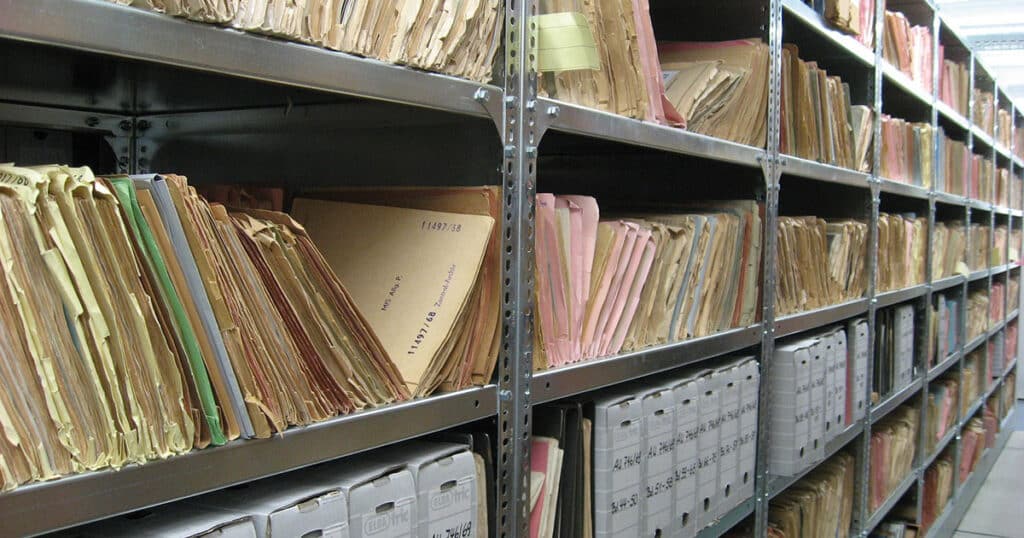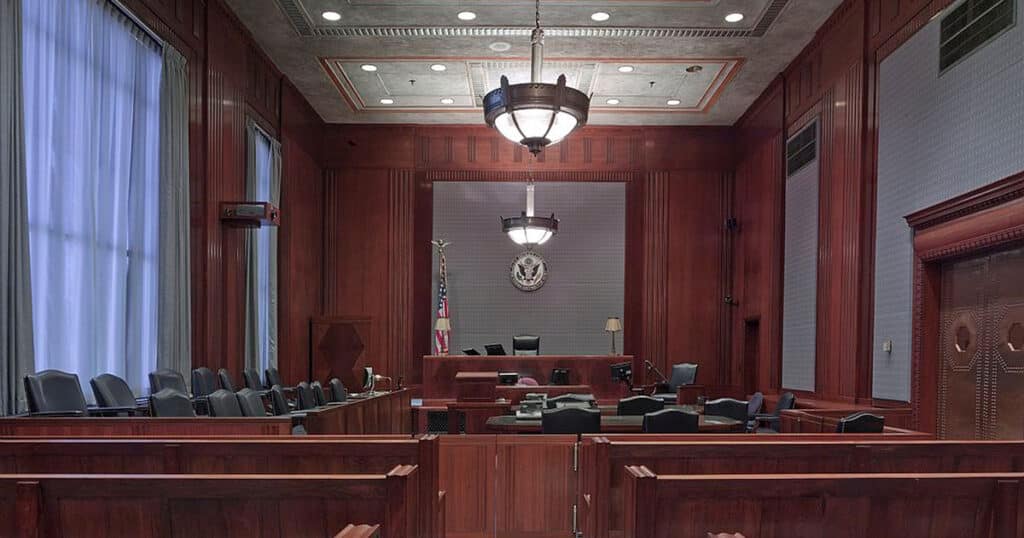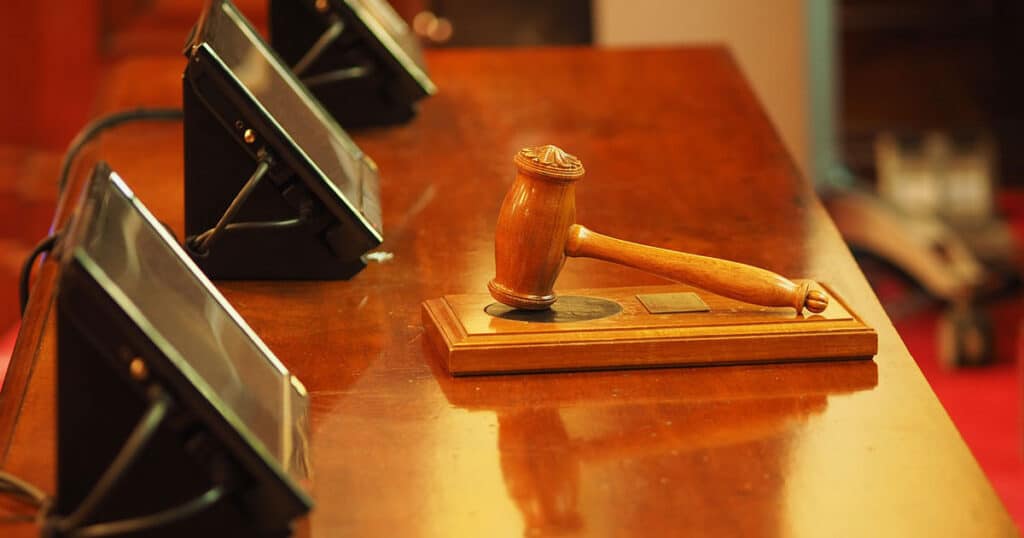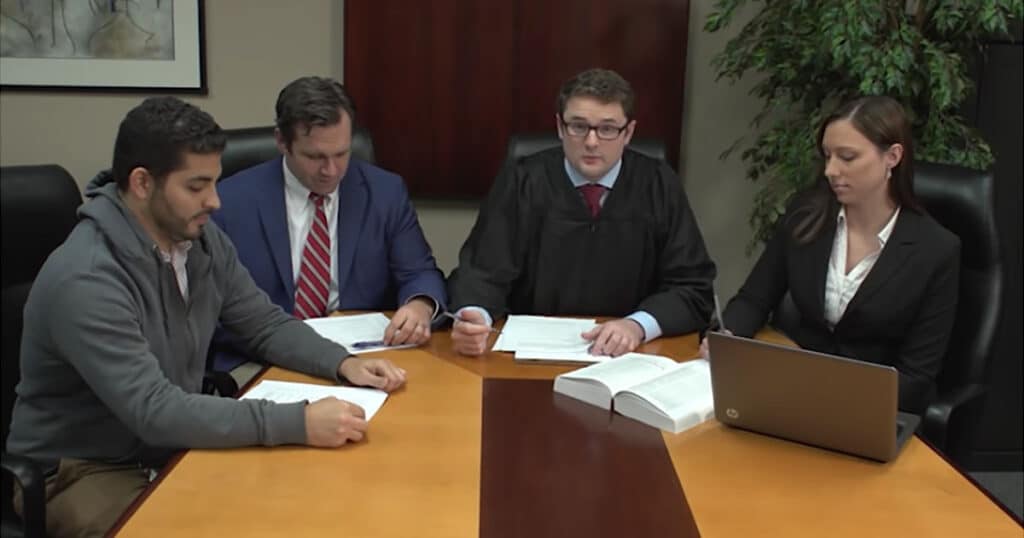Tips for a Speedier Decision Following a Hearing
Home » The Hearing » Tips for a Speedier Decision Following a Hearing
In order to avoid a very long wait for a decision following a disability hearing, here are a few tips can help to keep the process moving along as quickly as possible:
Make Sure the Record is Complete
One common reason for a delay in receiving a decision after a hearing is that the claimant has not gathered all of the relevant medical evidence for the ALJ to review. This means the record is incomplete, and most ALJs will not make a decision on a claim without having the opportunity to review all of the evidence relating to your conditions. In addition to delaying a decision, missing evidence at the time of the hearing is an easy way to annoy almost any judge!
Communicate With the ALJ and ODAR Staff
ALJs and the staffs at the hearing offices are expected to handle an extremely heavy caseload. Because of the incredible volume of hearings, cases can easily sit awaiting an ALJ decision for weeks or months longer than necessary. It is important to call the hearing office periodically to check in on the status of your case following your hearing. If you have a representative (such as Citizens Disability), they should be doing this for you (we absolutely will). Make sure the ALJ is not waiting on any evidence, and if they are, submit that evidence as soon as possible and then follow up to make sure the ALJ knows it has been received.
Critical Case Status
If your claim has been designated as a “critical” case by ODAR, it should receive special processing, meaning a decision should be made more quickly. Critical cases include the following:
- Terminal Illness (A case is designated critical when the claimant’s illness is alleged or identified as terminal, i.e., untreatable, irreversible, and expected to end in death)
- Veteran who is 100 percent permanently and totally disabled according to the VA
- Military Casualty/Wounded Warrior (injured while on active duty on or after October 1, 2001)
- Compassionate Allowance (diseases and other medical conditions that invariably qualify under the Listing of Impairments)
- Dire Need Case (claimant is without food and unable to obtain it, lacks medicine or medical care and is unable to obtain it, or lacks shelter)
If your claim was designated as a critical case prior to your hearing, make sure the ALJ is aware of that fact during and after the hearing. You can also request critical case status after the hearing if you meet one or more of the above criteria.
Ask Your Member of Congress for Help
Congressional staffs are a great resource to help those with pending disability claims. A letter of inquiry from a member of the U.S. House of Representatives or U.S. Senate to the ALJ or hearing office will almost always move the process along more quickly. Members of Congress are more than happy to assist constituents in these situations, so don’t hesitate to seek their help. You can find out who your representative is and how to contact them by entering your zip code here.
More Important Information about The Application Process
Since 2010, Citizens Disability has been America’s premier Social Security Disability advocate. Our mission is to give a voice to the millions of Americans who are disabled and unable to work, helping them receive the Social Security Disability benefits to which they may be entitled. We have helped tens of thousands of individuals with their SSDI claims. Your success is our mission.
It is easy to get started.
It is easy to get started. No upfront costs – You only pay if we win!
Oops! We could not locate your form.








